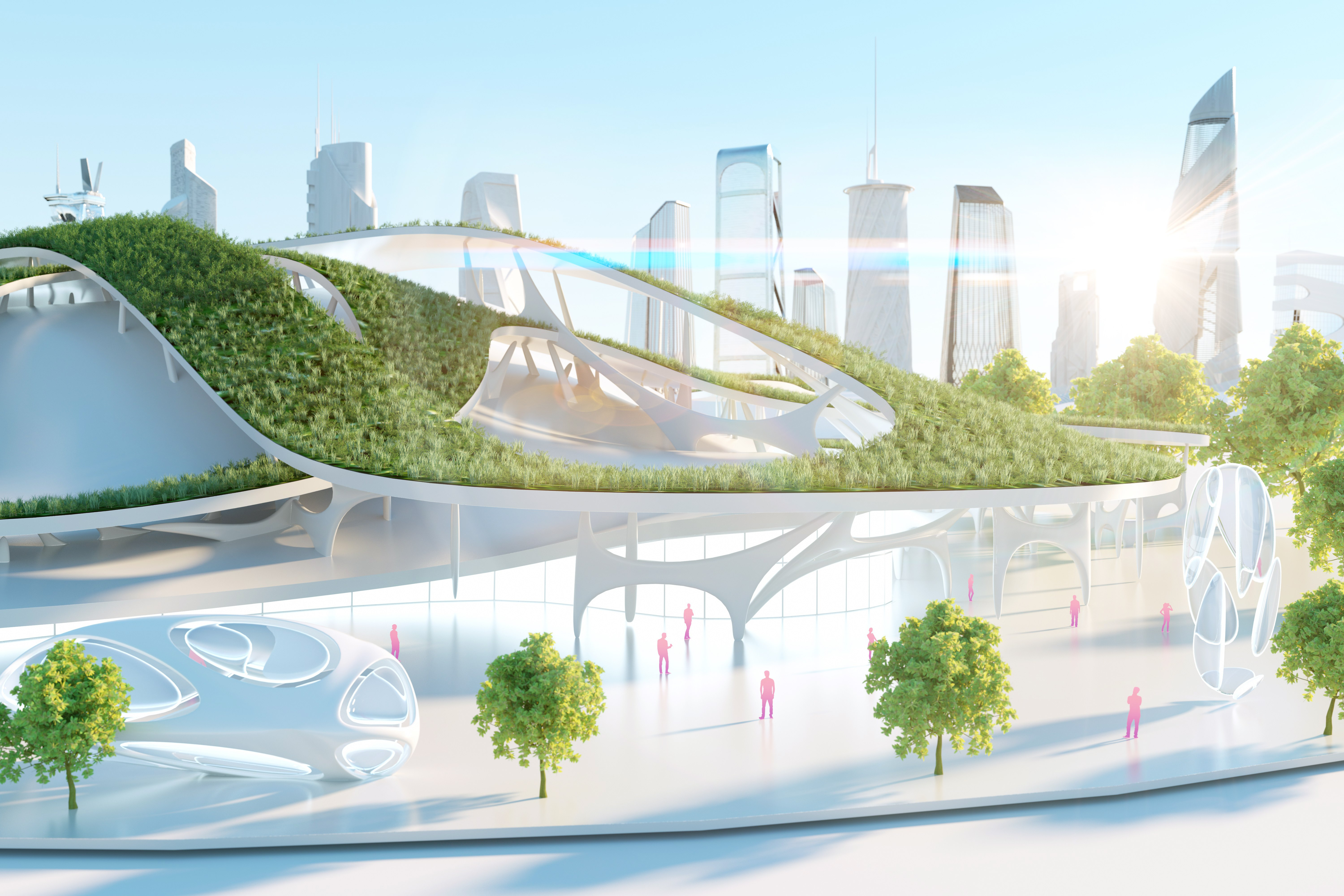Polystorm - Geocellular Water Management System
Polystorm is an efficient and versatile geocellular water management system for Sustainable urban Drainage Systems (SuDS) compliant attenuation, det

The green revolution is upon us all. Today, it’s all about sustainability – from clean beauty to green buildings, many industries are shifting to place sustainable practices at their core.
As the Expo 2020 launches in the UAE, an increased focus on sustainability has emerged in the Middle East, particularly in the construction industry. The attraction has committed to delivering one of the most sustainable World Expos ever, with a focus on exploring innovation and technology to address the environmental challenges we currently face.
From using clean energy to minimizing carbon footprint, every touchpoint of the Expo 2020 has been thoughtfully designed and constructed to reduce environmental impact. For example, 90% of key materials used are procured in accordance with Sustainable Materials Guidelines.
Expo 2020 provoked a huge push for sustainability, evident in the design and construction of its pavilions. The site is on track to receive LEED certification for more than 120 of its permanent buildings, 95 of which are targeting LEED Gold and 4 of which are targeting LEED Platinum certifications. This includes Terra – the Sustainability Pavilion which is already LEED Platinum certified.
These great strides towards sustainability have been enabled by the integration of innovative and environmentally-sound technologies that support sustainable building construction.
Here are 3 technologies supporting sustainability across the construction industry:
1) Sustainable Water Management Systems
Expo 2020 is set out to use 40% less water than the Dubai Electricity and Water Authority (DEWA) baseline. This can be made possible through efficient and sustainable water management systems. Sustainable water management solutions follow a cyclic model, much like the natural water cycle, to re-use water instead of treating it as a waste product. In urban areas, this technology can lower water wastage by 15%.
Two leading solutions that support sustainable water management are Polystorm and Permavoid, engineered by Polypipe. Both solutions have been supplied to Expo 2020 to collect and manage water on site in a sustainable way.
Polystorm was used for the construction of Terra – The Sustainability Pavilion. Polystorm, which can be placed beneath both trafficked and non-trafficked areas, was integrated beneath the structure to provide Sustainable urban Drainage Systems (SuDS) and help reduce flood risk.

Polystorm installation at Terra – Sustainability Pavilion
Permavoid was integrated into tree planters that are used on site to provide a net-zero, self-irrigating solution. Permavoid collects storm, surface or condensate water and enables it to be used subsurface for irrigation. It was incorporated into tree planters to eliminate the need of conventional drip lines used in irrigation.

Permavoid is integrated into tree planters at Expo 2020 providing net-zero irrigation
Permavoid was able to deliver a number of benefits for tree planters:
2) Smart Controls
Did you know 30-40% of a commercial building is typically unoccupied at any given time? Yet many buildings have central controls and systems shared by multiple units. The result is unnecessary energy consumption and increased costs.
This is where smart solutions come in. We see the increasing adoption of ‘self-sufficient’ systems that operate on a demand-basis to consume energy only as needed.
For example, buildings can be integrated with motion detectors or access card readers to monitor occupancy. ‘Smart’ HVAC systems can then automatically adjust to meet demand or alternatively, they can be controlled remotely.
Building owners can achieve as much as 30% energy savings by eliminating overconsumption in this way.
3) Sustainable Materials and Sourcing
Although not necessarily an innovation, it is a new trend. As humans, we are ‘returning’ to nature on a widespread scale. We are increasingly moving away from synthetic, highly manufactured materials that produce more greenhouse gases, to sustainably sourced and recyclable materials that are more environmentally friendly.
Manufacturers are increasingly integrating biodegradable and recyclable materials into the construction industry to improve life cycle costing. Furthermore, raw materials are increasingly ethically sourced to protect not just the planet, but the people involved in production.
In the long-term, careful material selection can protect future generations. Sustainable materials not only generate less greenhouse gases in production, but even after use, when they degrade, they disperse less contaminants and toxins into the environment.
Going forward, we will only see the increasing adoption of these new technologies and trends, not only in the region but on a global scale. Thoughtfully constructed buildings protect our planet and leave a legacy that future generations can enjoy. It is the collective responsibility of the entire supply chain, across the construction industry, to build today what endures tomorrow.
At Polypipe Middle East, we offer solutions that support sustainable construction. Contact us to find out more for your next project.
Tel: +971 (0) 4 518 3000
Email: middleeast@polypipe.com
References:
https://www.expo2020dubai.com/en/understanding-expo/expo-initiatives/sustainability-at-expo
Polystorm is an efficient and versatile geocellular water management system for Sustainable urban Drainage Systems (SuDS) compliant attenuation, det
Permavoid is a shallow geocellular water management system aimed at managing stormwater and surface water at source, as close to where it falls as pos